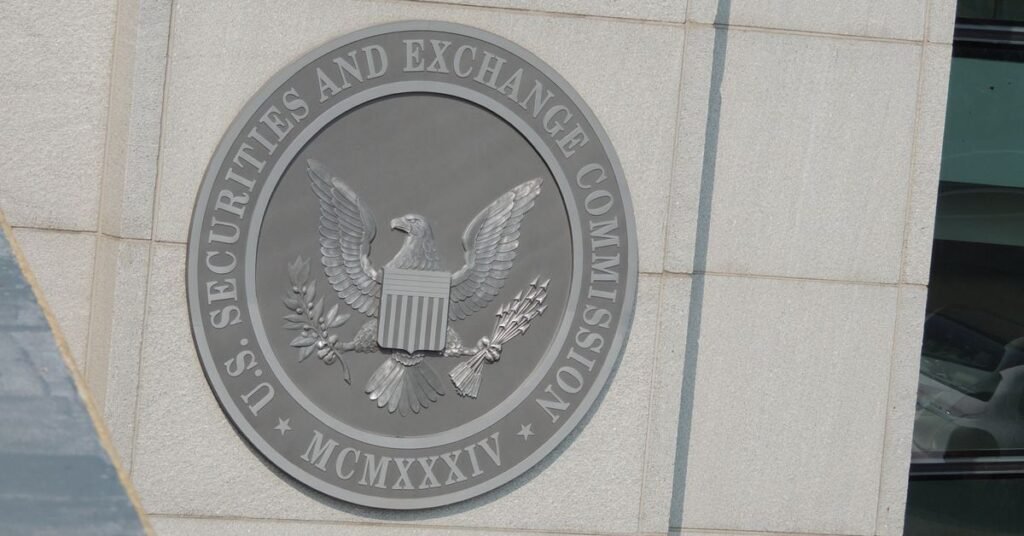
U.S.
regulators
said
an
appeals
court
shouldn’t
heed
Coinbase’s
request
to
review
how
–
or
if
–
conventional
securities
rules
apply
to
cryptocurrencies.
Coinbase,
the
largest
U.S.
crypto
exchange,
filed
for
permission
to
ask
the
Second
Circuit
Court
of
Appeals
if
the
Howey
Test,
a
longstanding
Supreme
Court
assessment
for
securities,
should
apply
to
digital
assets.
Coinbase
hopes
it
doesn’t.
Coinbase
hasn’t
successfully
argued
this
is
needed,
the
U.S.
Securities
and
Exchange
Commission
said
Friday.
The
question
lurks
at
the
center
of
the
SEC’s
accusation
that
Coinbase
operates
as
an
unregistered
broker,
exchange
and
clearinghouse
in
the
U.S.
If
some
cryptocurrencies
are
securities
–
thus
meeting
the
Howey
Test
–
that
means
Coinbase
needed
to
get
the
SEC’s
blessing
before
letting
customers
trade
them,
according
to
regulators.
In
its
filing,
the
SEC
argued
that
Coinbase
was
trying
to
create
a
“new
legal
test”
for
how
crypto
might
fit
into
existing
securities
precedent
that
a
district
court
judge
had
already
rejected.
“Coinbase
remains
unable
to
advance
a
single,
coherent
version
of
this
theory,
which
it
now
claims
presents
a
controlling
question,”
the
filing
said.
“This
is
unsurprising
–
in
eighty
years
‘no
court’
has
ever
required
post-sale
‘contractual
undertakings’
or
anything
beyond
the
three
factors
expressly
enumerated
by
the
Supreme
Court
in
Howey.”
The
filing
went
on
to
argue
that
Coinbase
hadn’t
successfully
argued
that
there
was
a
“controlling
question”
in
its
filing.
The
SEC
also
argued
that
while
Coinbase’s
appeal
says
it’s
focusing
on
a
specific
legal
question
about
“contractual
obligations,”
its
actual
argument
about
the
application
of
Howey
to
crypto
is
an
entirely
different
question
altogether.
“Similarly,
attempting
to
meet
the
‘precedential
value
for
a
number
of
cases’
factor,
Coinbase
again
pivots
away
from
the
‘contractual
obligations’
question,
this
time
into
‘[h]ow
Howey
applies
to
secondary-market
crypto
transactions,'”
the
filing
said.
Judge
Katherine
Polk
Failla,
who’s
overseeing
the
SEC’s
case
against
Coinbase,
will
have
to
rule
on
the
motion
for
interlocutory
appeal.
If
she
sides
with
Coinbase,
the
exchange
will
be
able
to
send
the
motion
to
the
actual
appeals
court.